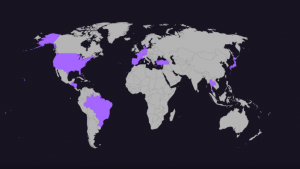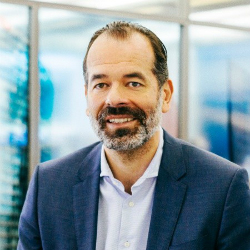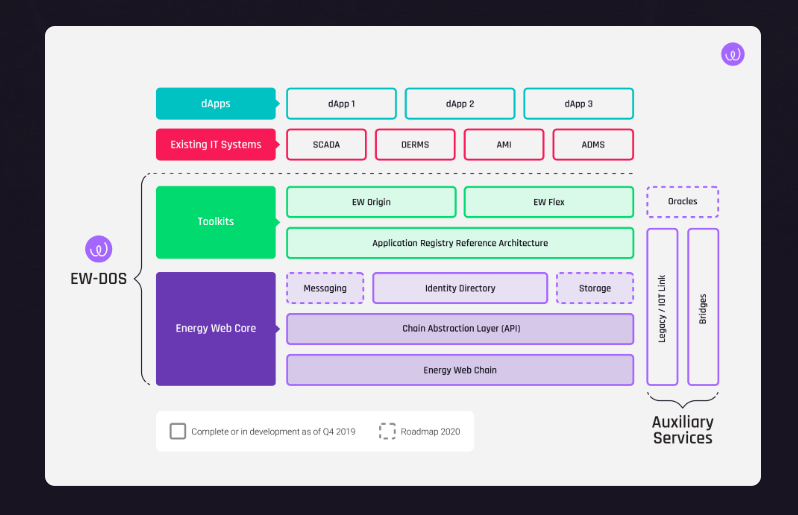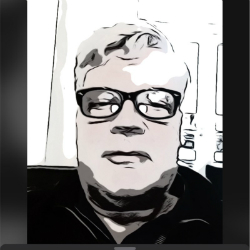

“As the number of decentralised, new-generation, low-carbon devices grows, so does the need for them to be securely connected regardless of their location,” said Erik Brenneis, Vodafone Business IoT director.
“This connection needs to be simple and secure, ensuring assets are easily able to be connected to, and managed by, energy and communication networks around the globe. At Vodafone Business IoT, we believe that technology and connectivity can be used to help protect the planet and improve people’s lives. We are proud to work together with Energy Web to make this a reality.”
The need
Recent research estimates utilities are grappling with more than 1.1B IoT endpoints (by the end of 2019). Such endpoints include:
- smart meters
- heat pumps
- batteries
- electric vehicles.
Power grids around the world increasingly have to digitise and decentralise. In this space, Vodafone Business is already providing IoT digital solutions to energy providers. These include smart metering and smart grid solutions which means Vodafone’s customers, and expertise, are set to become more important in the future. Complementing this is EW’s focus on:
- technology integration and development
- co-creating standards and architectures
- building a community with a common purpose.
The Energy Web/Vodafone partnership
To create a secure ID for energy assets, the partnership will combine:
- SIM-centric blockchain technology (SCB)
- IoT connectivity from Vodafone Business
It means renewable and distributed assets – wind turbines, batteries, heat pumps and solar panels – can integrate into energy grids with safety and efficiency. In practice, the approach is similar to the way telecom operators securely identify mobile phones using SIM cards.
Vodafone Business is EW’s first strategic partner from the telecom sector. Their combined hope is that they can bring a technology capability and global footprint to accelerate the delivery of EW’s mission to decarbonise the (electricity) grid.
Their approach
In mid-2019, EW launched its Energy Web Chain, an enterprise-grade, an open-source blockchain platform. It tailored this to address the electricity sector’s regulatory, operational and market needs.
In doing this, EW fostered what it says is the largest energy blockchain ecosystem, comprising:
- utilities
- grid operators
- renewable energy developers
- corporate energy buyers
- others.
The effect of the EW/Vodafone partnership will be to enable energy grid players to recognise distributed energy assets connected to power grids. The ability to identify and validate distributed-generation assets is essential if a smart grid is to maintain stability.
The mechanism to achieve this is through the integration of:
- Vodafone Business IoT
- Energy Web’s Decentralized Operating System (EW-DOS).

EW-DOS is a stack of open-source software and standards. It enables market participants to orchestrate low-carbon electricity systems. It does this by exploiting a ‘blockchain-plus’ approach which includes:
- the Energy Web Chain
- other core digital infrastructure
- SDKs, such as EW Origin and EW Flexhub
- a variety of decentralised but off-chain solutions
- legacy IT integration.

“We are seeing the convergence of multiple sectors in making the energy transition happen — the energy sector, of course, but also automotive, telecoms, and even finance. From our perspective, the energy sector can only evolve so fast and so far without taking into account IoT connectivity,” said Walter Kok, CEO of Energy Web.
“Bringing together EW’s expertise in energy and decentralization with Vodafone Business’s leadership in IoT creates a really powerful combination.”
Enterprise Times: what does this mean
Energy Web is a member-driven nonprofit. Its objective is to accelerate acceptance of a low-carbon, customer-centric electricity system. It hopes to achieve this through the application of blockchain and decentralised technologies.
If distributed energy assets, like those listed by EW and Vodafone, are to contribute meaningfully to electricity grids, then a variety of different aspects will need integration. By adding Vodafone Business’ IoT expertise (and customers), Energy Web is taking a significant step forward, and bringing with it blockchain adoption.


























